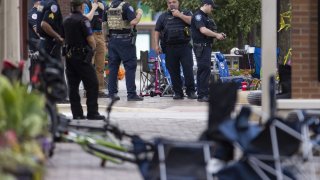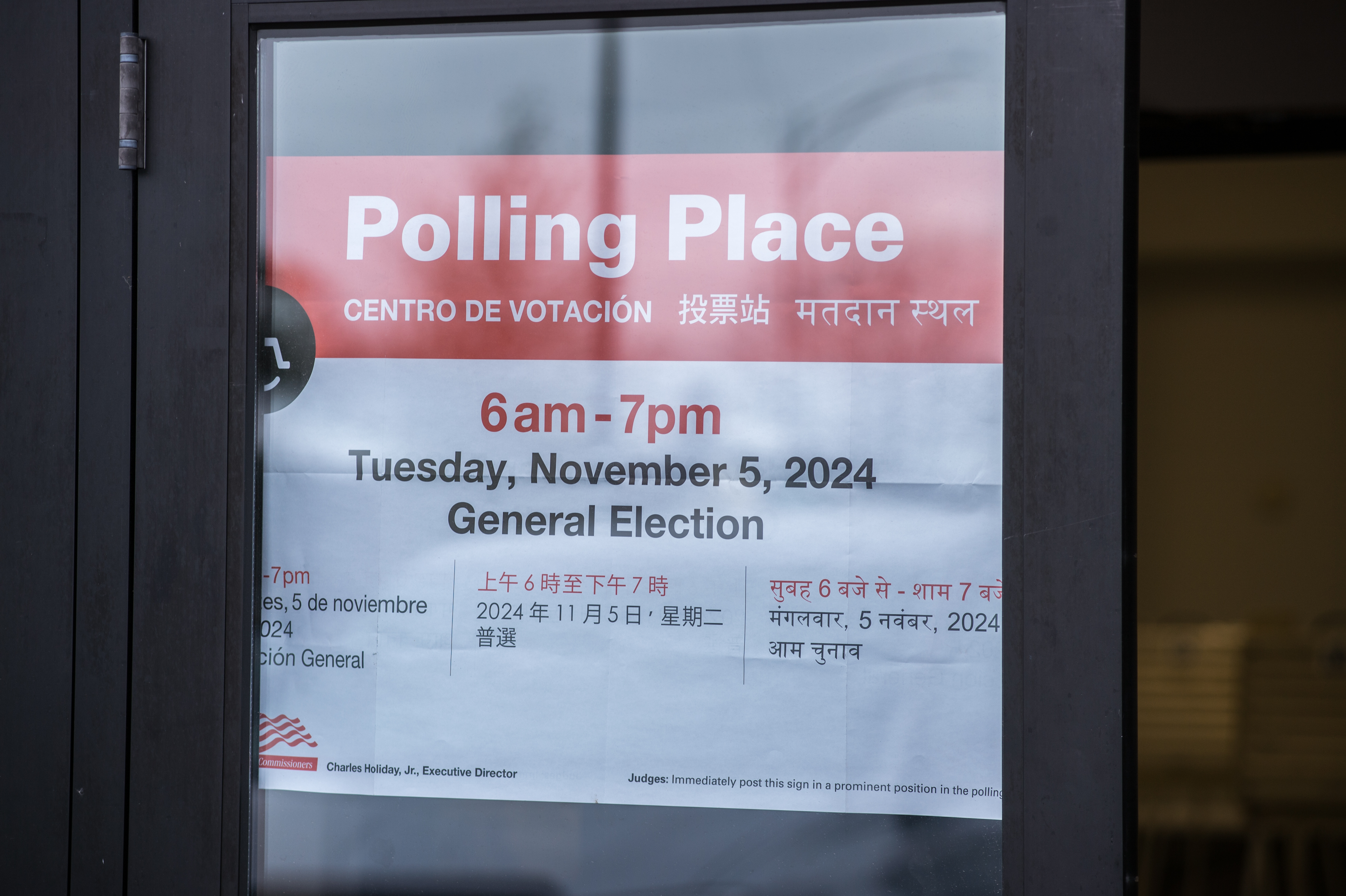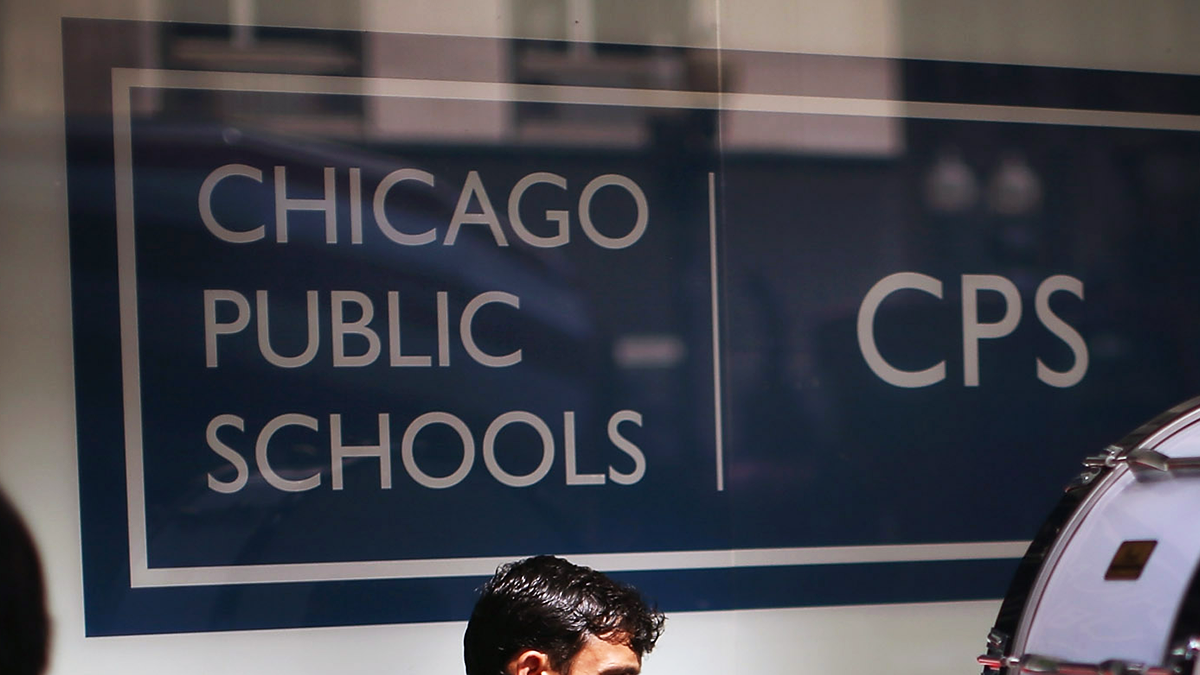
The man charged Tuesday with opening fire at an Independence Day parade in suburban Chicago legally bought five weapons, including two high-powered rifles, despite authorities being called to his home twice in 2019 for threats of violence and suicide, police said.
Lake County State’s Attorney Eric Rinehart said the suspect, if convicted of the seven first-degree murder charges, would receive a mandatory life sentence without the possibility of parole. He promised that dozens more charges would be sought.
A spokesman for the Lake County Major Crime Task Force said the suspected shooter, who was arrested late Monday, used a rifle “similar to an AR-15" to spray more than 70 rounds from atop a commercial building into a crowd that had gathered for the parade in Highland Park, an affluent community of about 30,000 on the Lake Michigan shore.
The assault happened less than three years after police went to the suspect's home following a call from a family member who said he was threatening “to kill everyone” there. Task force spokesman Christopher Covelli said police confiscated 16 knives, a dagger and a sword, but said there was no sign he had any guns at the time, in September 2019.
Police in April 2019 also responded to a reported suicide attempt by the suspect, Covelli said.
The suspect legally purchased the rifle used in the attack in Illinois within the past year, Covelli said. In all, police said, he purchased five firearms, which were recovered by officers at his father’s home.
Illinois state police, who issue gun owners’ licenses, said the gunman applied for a license in December 2019, when he was 19. His father sponsored his application.
Local
At the time “there was insufficient basis to establish a clear and present danger” and deny the application, state police said in a statement.
In other developments, authorities reported the death of a seventh person. More than three dozen other people were wounded in the attack, which Covelli said the suspect had planned for several weeks.
Feeling out of the loop? We'll catch you up on the Chicago news you need to know. Sign up for the weekly Chicago Catch-Up newsletter.
Investigators who have interrogated the suspect and reviewed his social media posts have not determined a motive or found any indication that he targeted victims by race, religion or other protected status, Covelli said.
Earlier in the day, FBI agents peeked into trash cans and under picnic blankets as they searched for more evidence at the scene. The shots were initially mistaken for fireworks before hundreds of revelers fled in terror.
A day later, baby strollers, lawn chairs and other items left behind by panicked parade goers remained inside a wide police perimeter. Outside the police tape, some residents drove up to collect blankets and chairs they abandoned.
David Shapiro, 47, said the gunfire quickly turned the parade into “chaos.”
“People didn’t know right away where the gunfire was coming from, whether the gunman was in front or behind you chasing you,” he said Tuesday as he retrieved a stroller and lawn chairs.
The gunman initially evaded capture by dressing as a woman and blending into the fleeing crowd, Covelli said.
The shooting was just the latest to shatter the rituals of American life. Schools, churches, grocery stores and now community parades have all become killing grounds in recent months. This time, the bloodshed came as the nation tried to celebrate its founding and the bonds that still hold it together.
“It definitely hits a lot harder when it’s not only your hometown but it’s also right in front of you,” resident Ron Tuazon said as he and a friend returned to the parade route Monday evening to retrieve chairs, blankets and a child’s bike that his family abandoned when the shooting began.
“It’s commonplace now,” Tuazon said. “We don’t blink any more. Until laws change, it’s going to be more of the same.”
A police officer pulled over the suspect north of the shooting scene several hours after police released his photo and warned that he was likely armed and dangerous, Highland Park Police Chief Lou Jogmen said.
“And it’s one of those things where you step back and you say, 'What happened?” Rotering told NBC’s “Today” show. “How did somebody become this angry, this hateful, to then take it out on innocent people who literally were just having a family day out?”
The suspect's attorney, Thomas A. Durkin, a prominent Chicago-based lawyer, said he intends to enter a not guilty plea to all charges.
Asked about his client’s emotional state, Durkin said he has spoken to the alleged gunman only once — for 10 minutes by phone. He declined to comment further.
The shooting occurred at a spot on the parade route where many residents had staked out prime viewing points early in the day.
Among them was Nicolas Toledo, who was visiting his family in Illinois from Mexico, and Jacki Sundheim, a lifelong congregant and staff member at nearby North Shore Congregation Israel. The Lake County coroner released the names of four other victims.
Nine people, ranging from 14 to 70, remained hospitalized Tuesday, hospital officials said.
Since the start of the year, the U.S. has seen 15 shootings where four or more people were killed, including the one in Highland Park, according to The Associated Press/USA TODAY/Northeastern University mass killing database.
Scores of smaller-scale shootings in nearby Chicago also left eight people dead and 60 others wounded over the July 4 weekend.
In 2013, Highland Park officials approved a ban on semi-automatic weapons and large-capacity ammunition magazines. A local doctor and the Illinois State Rifle Association quickly challenged the liberal suburb’s stance. The legal fight ended at the U.S. Supreme Court’s doorstep in 2015 when justices declined to hear the case and let the suburb’s restrictions remain in place.
Under Illinois law, gun purchases can be denied to people convicted of felonies, addicted to narcotics or those who are termed “mental defectives” and capable of harming themselves or others. That might have stopped a suicidal the suspect from getting a weapon.
But under the law, just who is a “mental defective” must be decided by “a court, board, commission or other legal authority.”
The state has a so-called red flag law designed to stop dangerous people before they kill, but it requires family members, relatives, roommates or police to ask a judge to order guns seized.
Crimo, who goes by the name Bobby, was an aspiring rapper with the stage name Awake the Rapper, posting on social media dozens videos and songs, some ominous and violent.
In one animated video since taken down by YouTube, the alleged gunman raps about armies “walking in darkness” as a drawing appears of a man pointing a rifle, a body on the ground and another figure with hands up in the distance.
Federal agents were reviewing the suspect's online profiles, and a preliminary examination of his internet history indicated that he had researched mass killings and had downloaded multiple photos depicting violent acts, including a beheading, a law enforcement official said.
The official could not discuss details of the investigation publicly and spoke to The Associated Press on condition of anonymity.
Shapiro, the Highland Park resident who fled the parade with his family, said his 2-year-old son woke up screaming later that night.
“He is too young to understand what happened," Shapiro said. "But he knows something bad happened.”



